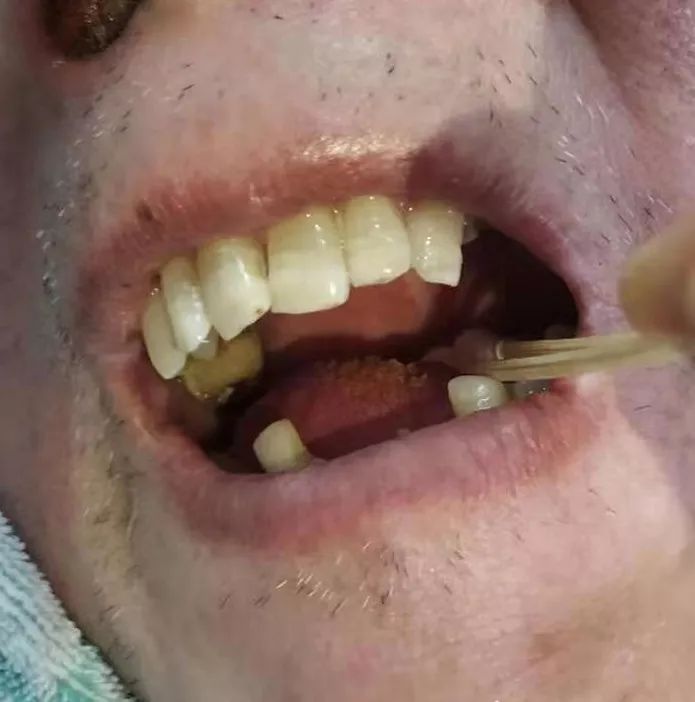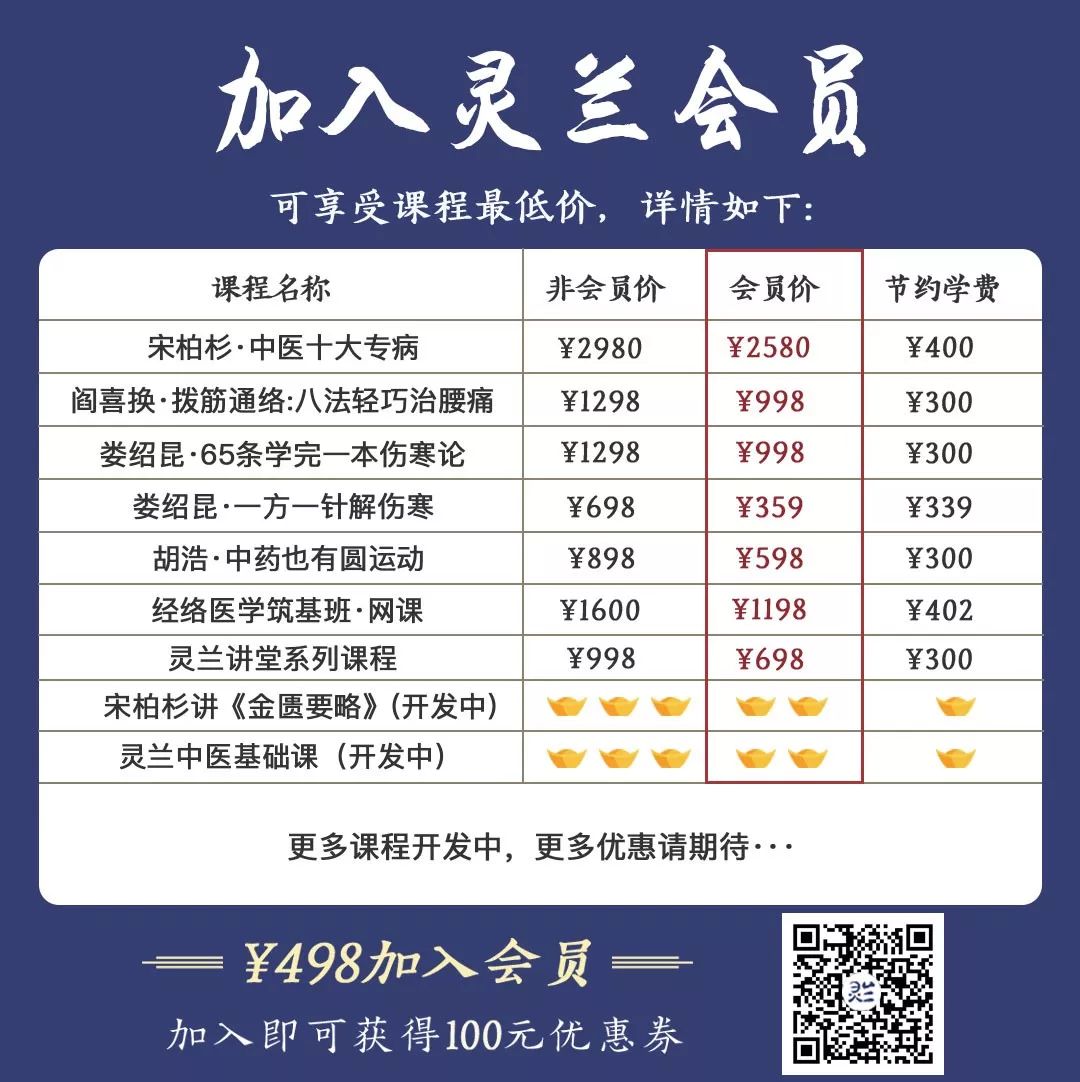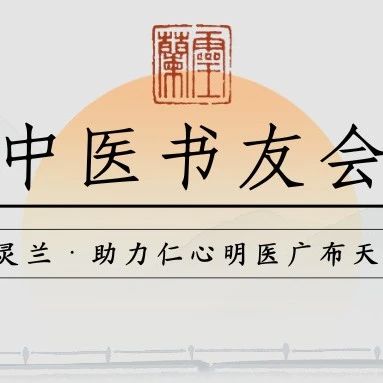
TCM Book Club Issue 2231
Daily updates to accompany the growth of TCM practitioners
IIntroduction:On National Day, Teacher Wang Sanhu sent me a medical case where he provided free treatment to an elderly gentleman, using Zi Shen Tong Guan Wan (滋肾通关丸) combined with Bai He Di Huang Tang (百合地黄汤) to treat acute complete urinary retention. The patient returned to normal urination after three days of medication. The wonders of TCM and the human body! (Editor/Wang Chao)

Case Study of Traditional Chinese Medicine Treatment for Acute Complete Urinary Retention
Authors/Wang Sanhu, Liao Jingni
The patient, Mr. Zhan, a 73-year-old male, has been paralyzed in all four limbs for 42 years and has been hospitalized in our department for long-term care.
On the afternoon of September 22, 2019, his caregiver reported that the patient had not urinated from 1 PM to 5 PM, with no symptoms of chills, fever, nausea, or vomiting. Physical examination: T 36.5°C, R 20/min, P 75 beats/min, BP 132/75 mmHg, alert, emaciated, aphasic, and paralyzed in all four limbs. No jaundice was observed in the skin and mucous membranes, but a desquamative rash was seen on both lower limbs. The tongue was red with a thick yellow coating.

Cardiopulmonary examination was negative, and the upper abdomen was slightly distended. The liver and spleen were not palpable, and there was no tenderness in the renal and liver areas. No signs of ascites were noted. The lower abdomen was significantly distended, with no visible peristalsis, and the abdominal muscles were not tense. The patient showed a frown response upon palpation of the bladder area, and a dull sound was noted above the pubic bone. Bowel sounds were 3-4 times/min. Rectal examination was not performed.
Past medical history: The patient has a history of brain hypoxia sequelae, limb paralysis, autoimmune dermatitis, coronary heart disease, kidney stones, fatty liver, and old pulmonary tuberculosis, with a history of trauma but no hepatitis or drug allergy.
Auxiliary examinations: Blood analysis, urine analysis, CRP, and liver function results were generally normal. Kidney function: uric acid 539 umol/L. Urinary system ultrasound (post-catheterization): left kidney cyst, no abnormalities in the right kidney, bladder, or prostate. No dilation of the ureters was observed.
Diagnosis: Acute complete urinary retention.
For treatment, the patient was given hot compresses to the lower abdomen and acupuncture for symptomatic treatment, but there was still no spontaneous urination. A urinary catheter was placed, draining 600 ml of urine, and the catheter was intermittently clamped to promote bladder function recovery. After 48 hours, the catheter was removed, but the patient still did not urinate spontaneously after 5 hours, so the catheter was reinserted.
On September 27, 2019, I consulted Teacher Wang Sanhu via WeChat for guidance on medication, uploading a picture of the patient’s tongue coating. The prescription was:
Huang Bai (黄柏) 12 g, Rou Gui (肉桂) 10 g, Zhi Mu (知母) 15 g, Sheng Di Huang (生地黄) 30 g, Mai Dong (麦冬) 30 g, Bai He (百合) 30 g. Three doses, decocted in water, 1 dose/day.
After taking three doses, the catheter was removed the next day, and 2 hours after removal, the patient urinated spontaneously, with a volume of about 400 ml. Currently, the patient has normal bowel and bladder function.
The wonders of TCM are evident.
Teacher Wang Sanhu’s commentary: “This condition belongs to TCM’s Long Bi (癃闭), characterized by severe deficiency of yin fluids, damp-heat descending, and loss of bladder qi transformation. The method is to nourish yin, dry dampness, and promote qi and water movement. Using Zi Shen Tong Guan Wan as the main formula combined with Bai He Di Huang Tang yielded rapid results, which is both expected and surprising.
Zi Shen Tong Guan Wan opens the water pathways below, while Bai He Di Huang Tang opens the water source above, with Mai Dong enhancing the nourishing yin and fluid-increasing effect.
In fact, the original formula prescribed was 60 g of Bai He and 60 g of Sheng Di Huang, because “a seven-year illness requires three years of treatment.” The patient has been bedridden for decades, accumulating chronic issues along with acute symptoms, so a larger dosage is necessary to “support the weak and achieve stability.” However, the TCM physician who adjusted the formula was hesitant about the large dosage and sought my opinion. I suggested reducing both to 30 g, as Chinese medicine is essential.
Not to mention that Zi Shen Tong Guan Wan is effective, the Qian Jin Fang (千金方) uses Mai Dong alone to treat “flooding,” which is deeply insightful. The Shen Nong Ben Cao Jing (神农本草经) states that Bai He “benefits urination and tonifies qi,” which is indeed a hot-selling item, ready to be tried. The experiment was successful, and it did not deceive me.
Recommended reading:
Discussion on Tong Guan Wan
Causes of Postpartum Urinary Retention and TCM Treatment with Herbs and Acupuncture
|
I Copyright Statement
I Submission email [email protected] |


